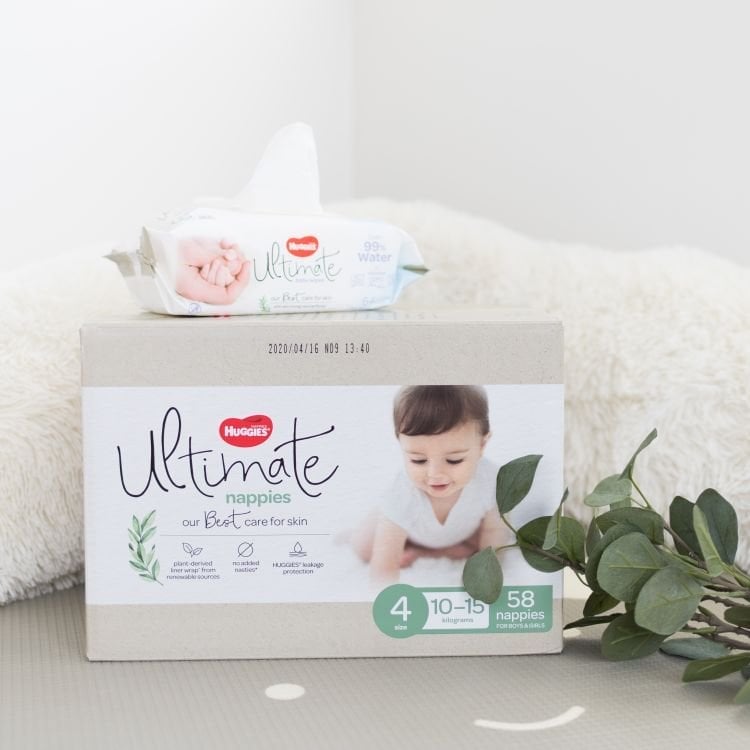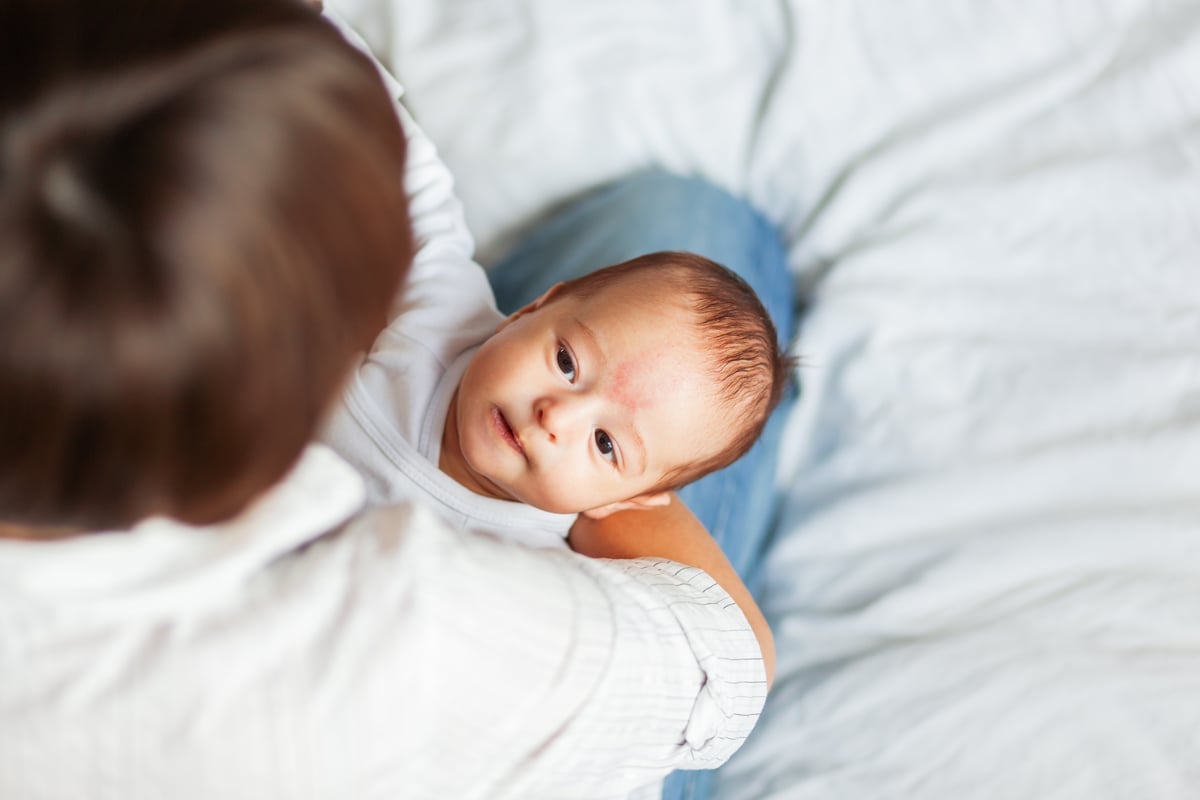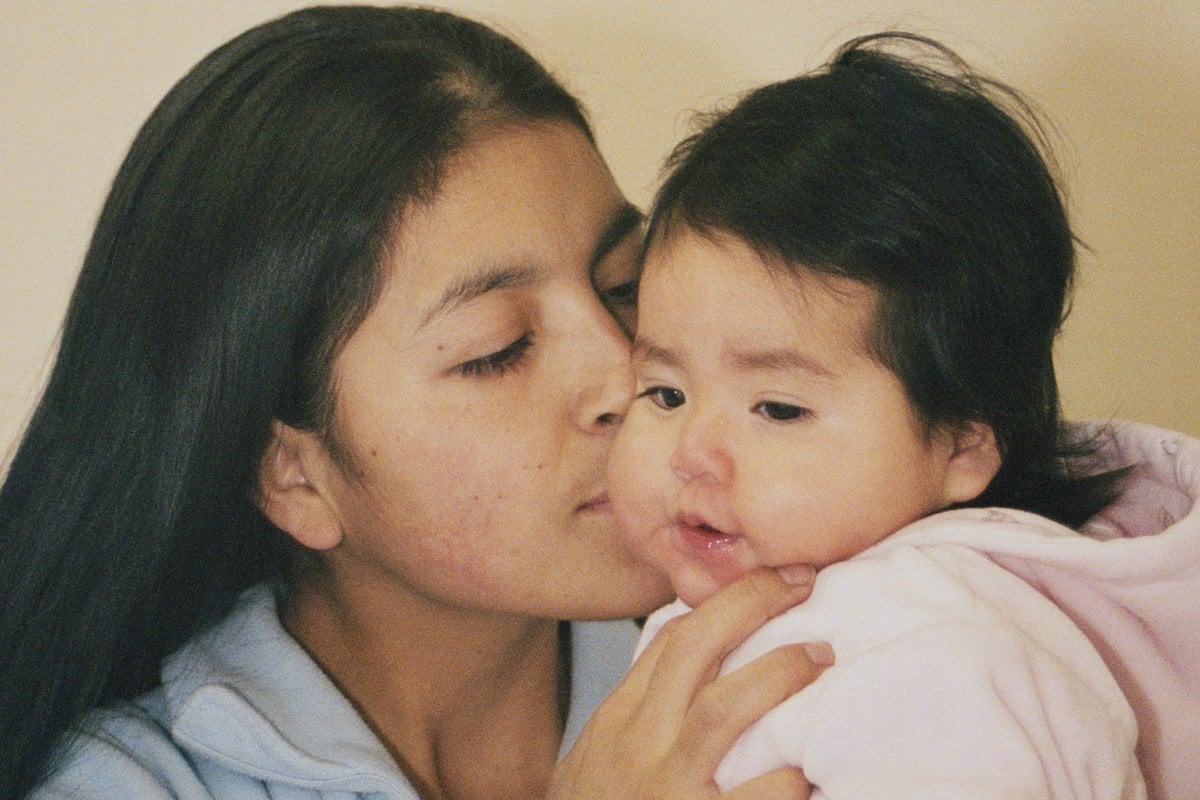
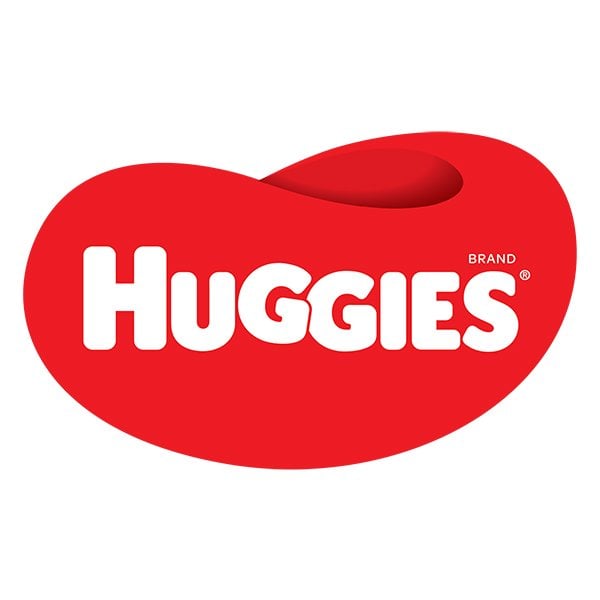
When you’re a parent, the one fact that quickly becomes obvious is just how sensitive your baby’s skin is. We’re talking rashes, lumps, bumps and birthmarks - it's a lot to take in if you've never had to deal with it before.
So, sometimes we need to call in the experts to help us figure it all out.
Dr Li-Chuen Wong is a consultant dermatologist specialising in both adult and paediatric dermatology, as well as being the co-founder of Sydney Skin. She also heads up the dermatology department at the Children’s Hospital, Westmead and lectures at The University of Sydney. It’s safe to say she knows her stuff about skin.
So, Mamamia checked in with Dr Wong to find out the most interesting and helpful things you need to know if you're caring for a baby's skin. Some of her responses might even surprise you...
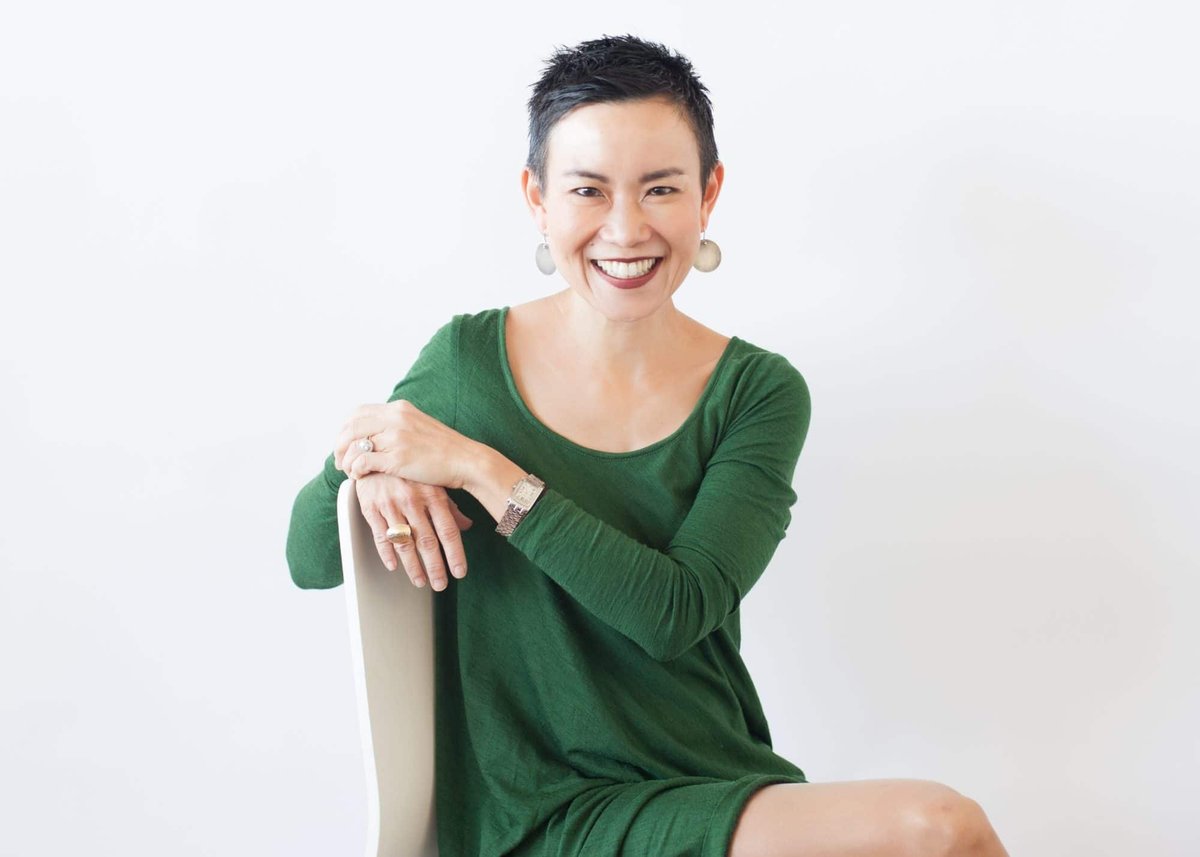 Dr Li-Chuen Wong. Image: Sydney Skin.
Dr Li-Chuen Wong. Image: Sydney Skin.


